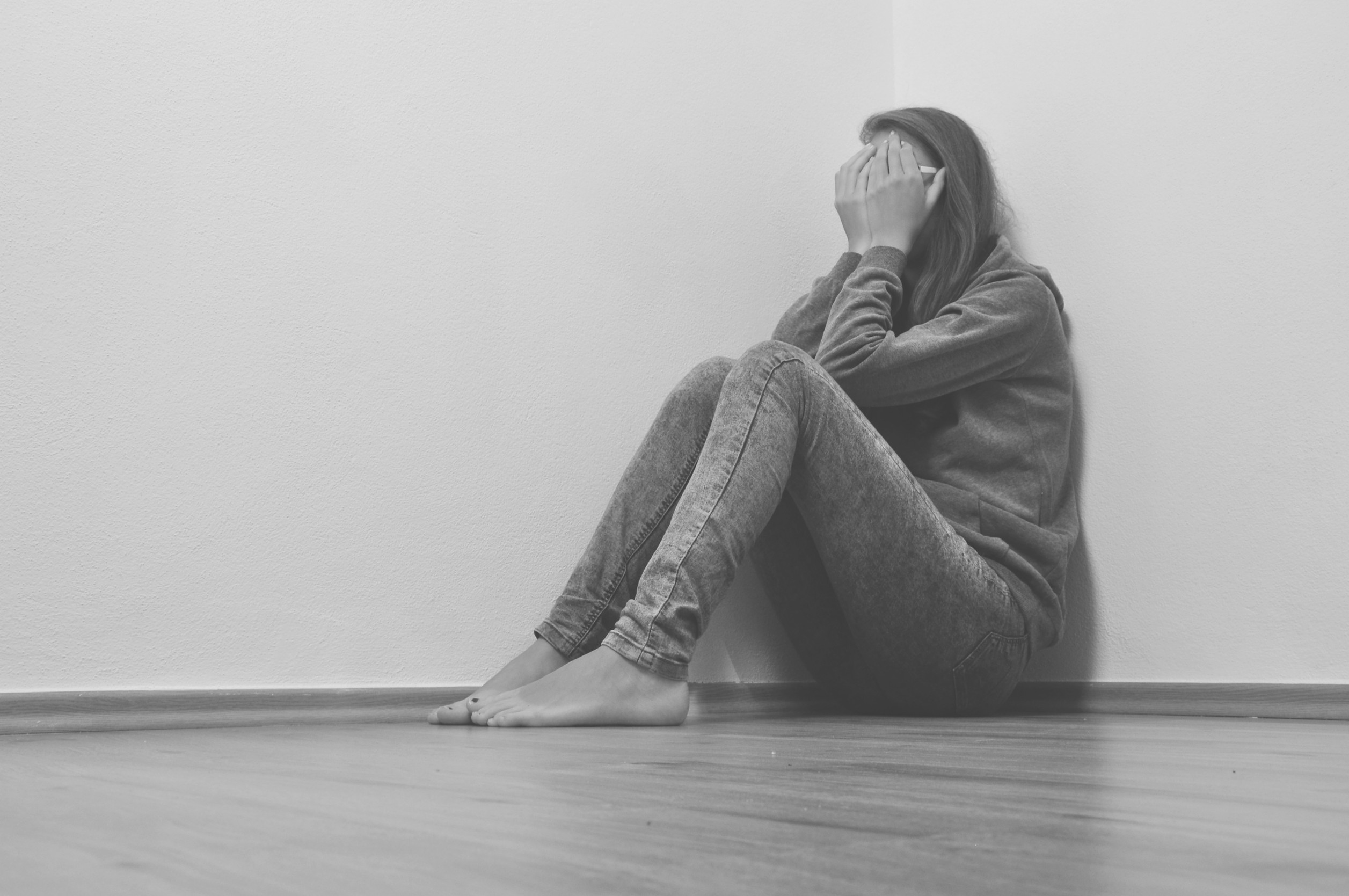Anxiety can be a significant challenge for women in their 50s, especially as they go through the various stages of menopause. Hormonal changes during this time can cause a range of symptoms, including anxiety, that seem to come out of nowhere. Many women are turning to Hormone Replacement Therapy (HRT) in hopes of alleviating these symptoms.
But is HRT truly the key to reducing anxiety for women over 50, or is it just another treatment option among many?
Understanding Anxiety in Women Over 50
Hormonal fluctuations, particularly the decrease in estrogen and progesterone, play a key role in triggering anxiety. These hormones are involved in regulating mood and emotional well-being, so when their levels dip, it can lead to feelings of unease, worry, and even panic. In addition to the biological changes, women in their 50s are often facing lifestyle transitions such as empty-nest syndrome or career shifts, which can contribute to the stress.
Women may notice more frequent mood swings, irritability, and difficulty managing daily stressors. Since anxiety can have both physical and emotional effects, it can feel overwhelming, especially when compounded by other menopausal symptoms like hot flashes and insomnia.
What is Hormone Replacement Therapy (HRT)?
Hormone Replacement Therapy (HRT) involves supplementing or replacing the hormones that are no longer produced in adequate amounts by the ovaries during menopause. HRT is commonly used to manage menopausal symptoms such as hot flashes, night sweats, and mood swings. The therapy typically includes estrogen, and in some cases, progesterone, which work to balance out hormonal levels in the body. For women who have had a hysterectomy, estrogen-only HRT may be prescribed.
By restoring hormone levels, HRT aims to reduce the discomfort and emotional toll of menopause. Many women who experience anxiety during menopause may find that HRT helps alleviate some of the mood-related symptoms by stabilizing fluctuating hormone levels.
Can HRT Help Reduce Anxiety in Women Over 50?
The connection between HRT and anxiety relief is a topic of ongoing research. While there is evidence that HRT can help alleviate mood swings and other menopause-related symptoms, its effect on anxiety is less clear. Some women report a significant reduction in anxiety symptoms once they start HRT, while others may not notice much change. The therapy’s success can depend on several factors, including the type of HRT used, how long it’s been administered, and the individual’s overall health and hormone levels.
Estrogen plays a vital role in the regulation of serotonin, a neurotransmitter that helps to manage mood. By replenishing estrogen levels, HRT may improve serotonin activity, potentially reducing feelings of anxiety.
The Risks and Benefits of HRT for Anxiety
The primary benefit for many women is the relief from menopausal symptoms, including anxiety. By stabilizing hormones, HRT can help reduce mood swings and improve emotional well-being. Additionally, it may also alleviate other physical symptoms of menopause, such as hot flashes and insomnia, which can indirectly improve mental health.
However, long-term use of hormone therapy has been associated with an increased risk of certain conditions, such as breast cancer, blood clots, and stroke. The risk is generally low for women who use HRT for a short period, but it is essential to consult with a healthcare provider to assess individual risks.
Alternative Treatments for Anxiety in Women Over 50
While HRT may be helpful for some women, it is not the only option available for managing anxiety during menopause. There are several other treatments and lifestyle changes that can help alleviate anxiety symptoms. Cognitive Behavioral Therapy (CBT) is a proven method for managing anxiety and can be effective in addressing the underlying thought patterns that contribute to anxiety. Additionally, mindfulness meditation, yoga, and regular exercise are all great ways to reduce stress and improve emotional regulation.
For many women, a combination of these approaches—along with HRT if appropriate—may be the most effective way to reduce anxiety during menopause.
Is HRT the Key to Anxiety Relief?
Hormone Replacement Therapy (HRT) can certainly help alleviate many of the symptoms associated with menopause, including anxiety. For some women, stabilizing hormone levels through HRT leads to a reduction in anxiety symptoms. However, HRT is not a one-size-fits-all solution, and its effectiveness can vary depending on the individual. Women who are considering HRT should consult with their healthcare provider to weigh the potential benefits and risks in relation to their personal health history and symptoms.
In addition to HRT, there are various other treatments available for managing anxiety during menopause, including therapy, lifestyle changes, and alternative therapies. The most effective approach will likely involve a combination of strategies tailored to the individual’s needs. With the right support and guidance, women can find relief from anxiety and navigate menopause with greater ease.
Have you tried HRT for anxiety during menopause? Did it help reduce your symptoms, or did you find other treatments more effective? We’d love to hear your experiences and thoughts on this topic—feel free to share your comments below!
Read More
Why More People Over 50 Are Choosing to Travel Solo
7 Relationship Habits That Make Couples Over 50 Happier Than Ever



Leave a Reply